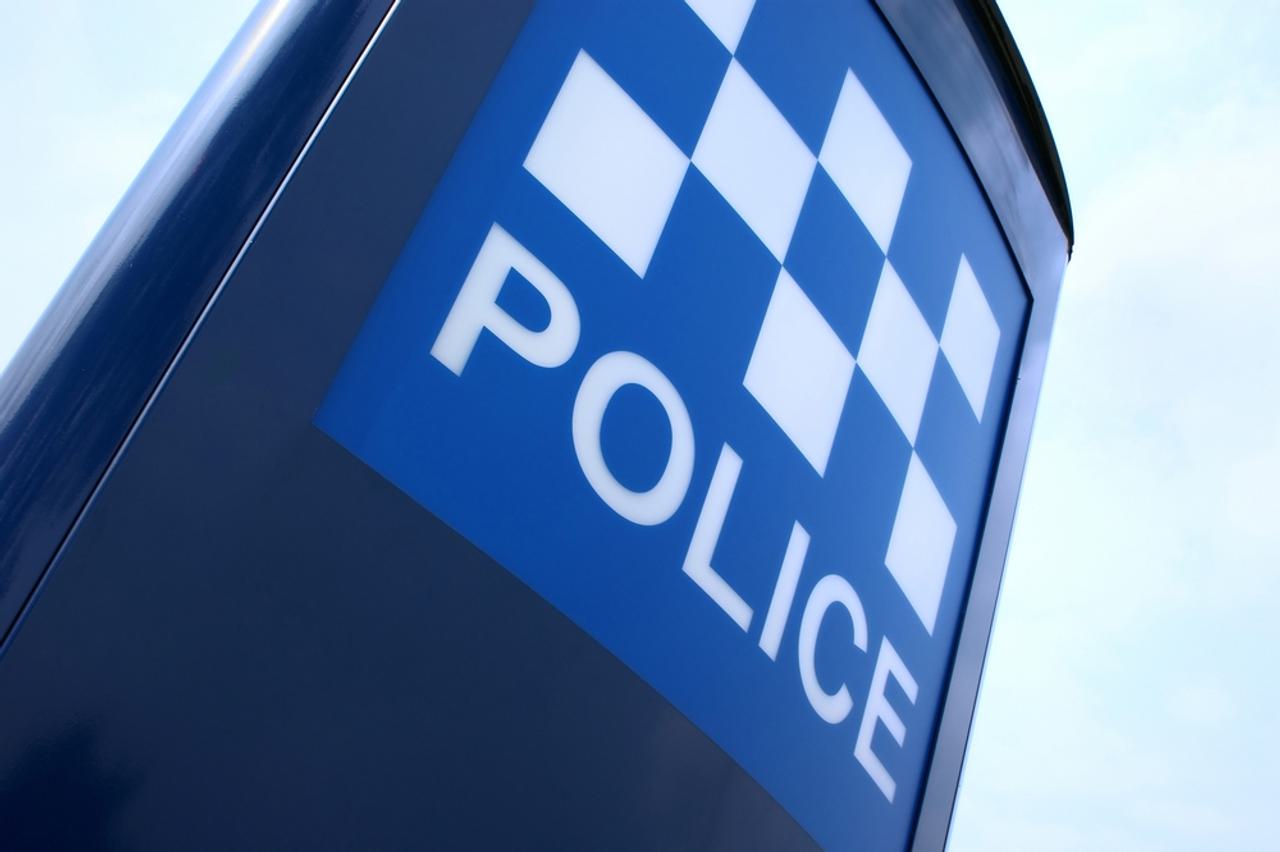
Rape cases dropped by police to be scrutinised under new action plan
Published June 6 2014
There will be greater scrutiny of police decisions around rape cases. (Image: Shutterstock.com)
Rape cases dropped by police will be subject to greater scrutiny in future, the director of public prosecutions announced today as part of a series of measures designed to improve prosecution of the crime.
Alison Saunders said those involved in investigating and prosecuting rape cases will also get further training on the law to address ‘misunderstandings of critical issues around consent and credibility’.
The strategy comes after a series of articles by the Bureau of Investigative Journalism revealed that rapes of the most vulnerable are not being taken seriously, that rape allegations are not being properly recorded by police and that convictions have been falling at a time when rape reports to police are spiraling.
The Bureau’s revelations in full: Investigating Rape
Announcing a joint action plan Ms Saunders and Martin Hewitt, the National Policing Lead for Adult Sexual Offences, said a six-month investigation by a rape panel had found that a wholesale attitude change was needed.
‘The panel uncovered some pervasive myths that remain to this day among not only some police and prosecutors but perhaps society as a whole,’ they said in a joint statement.
‘Despite efforts to raise awareness, many people still believe a rapist is a man in a balaclava in a dark alley, and a victim is a woman who shows her fear through fight.
‘That is very rarely the case; most rapists know their victim, many victims do not physically fight and the trauma of being raped will effect each victim differently.
‘There is an urgent need to change the discourse on rape. Our police officers, our prosecutors, our courts and our communities must reject the out of date myths and acknowledge the realities of rape. We also need to debate and understand the fundamental issue of consent.’
The rape action plan includes:
- Ensuring police and prosecutor apply existing legislation effectively to focus on steps taken by a suspect to seek consent from their alleged victim.
- Updating the joint police and CPS national rape protocol on the investigation and prosecution of rape cases.
- Implementing greater scrutiny of police decisions to take no further action in rape cases, including the quality of record-keeping and authorisation of decision making.
In an interview with the Bureau last month, Ms Saunders said the rape scrutiny panel, which looked at practices in several police forces, there were worrying variations in the way rape cases are dealt with across the country.
Related story: Judges should help to tackle the ‘myths and stereotypes’ of rape cases says DPP
‘We have certainly seen some indication that cases which we thought should have gone through (to charge) didn’t go through,’ she said.
She added: ‘There is best practice out there. It’s just that not everyone is doing it.’
The DPP also admitted during the interview that data on rape referrals by police to the CPS could not be relied on as some areas were counting referrals for early investigative advice while others were only counting referrals for formal charging decision.
About The Author
Melanie Newman
Melanie worked for the Bureau from 2010-18, reporting on areas such as lobbying, health and social care and police response to rape.
More by Melanie Newman



